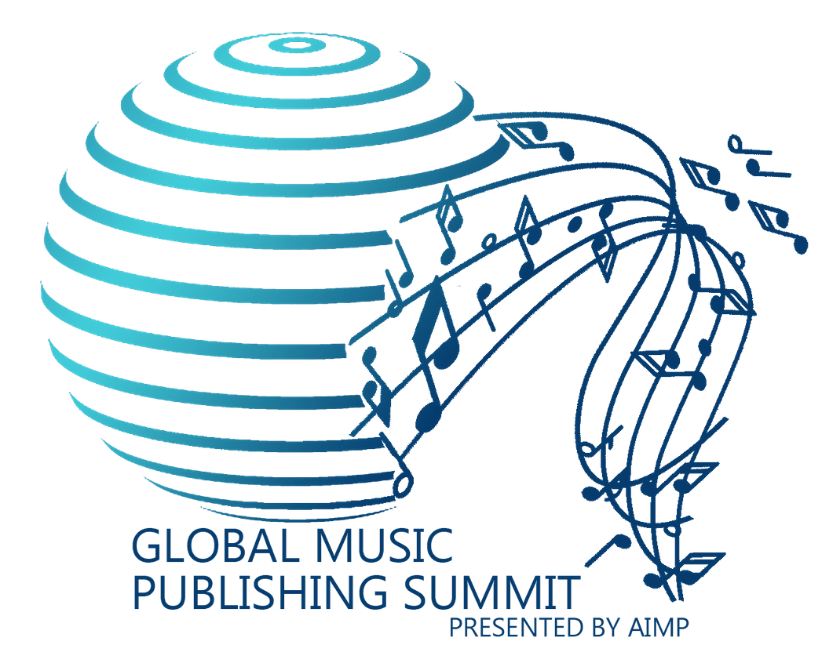CISAC DG Gadi Oron delivers keynote speech at the Global Music Publishing Summit

Strong authors’ rights, high quality data and effective processing hold the future to the rights management sector, CISAC Director General Gadi Oron told the Global Music Publishing Summit in a wide-ranging keynote speech on June 9th.
The global music sector faces the prospect of phenomenal growth in the years ahead, and this will translate into the need for more resources and more capacities to efficiently manage rights, especially for digital.
Oron was speaking at the three-day virtual annual summit organised by Association of Independent Music Publishers (AIMP). There is a hugely important and symbiotic relationship between the 230-plus societies represented by CISAC and the global music publishing industry, Oron said. He outlined CISAC’s work promoting the rights and interests of creators across the world and analysed current market trends in collections.
He also explained key priorities in improving the legal environment and gave insights into the opportunities and challenges ahead for the global collective management sector, affecting creators, societies and the music publishing sector.
CISAC supports its members through key technology projects and legislative lobbying, with benefits to both societies and publishers. In the rapidly changing rights management landscape, authors societies have transformed into data processing hubs dealing with trillions of digital transactions each year, Oron said. CMOs are under constant pressure to upgrade their systems and make sure they have the capacity to process reports, make claims and distribute money accurately and quickly.
The digital market place has also created global giants with enormous lobbying power that put pressure on the copyright system. This underlines the vital importance to societies and publishers of legislation to address the “value gap” or “transfer of value".
However, despite the pace of change, the founding values of collective management remain as important as ever, Oron said – championing the value of creators’ works and strength in collective negotiation.
CISAC’s global collections data shows that the pandemic has caused a deep crisis in the sector. Live and public performance revenues, accounting for a large share of revenues, collapsed by around 80% in 2020 and despite the increase in digital revenues, overall collections remain significantly down.
“Digital may be growing, but on a global level we do not see it compensating for the loss of live and public performance income, any time soon”.
With creators more dependent on digital sources of revenue during the pandemic, CISAC has focused on priorities to support growth in the digital market. Oron outlined the substantial benefits generated by CISAC’s completion of the modernised ISWC music identifier system.
Two other key priorities are the continuing global struggle to address the value gap and bring more fairness to the digital market; and CISAC’s work to help societies and creators address the growing global issue of copyright buyouts.
